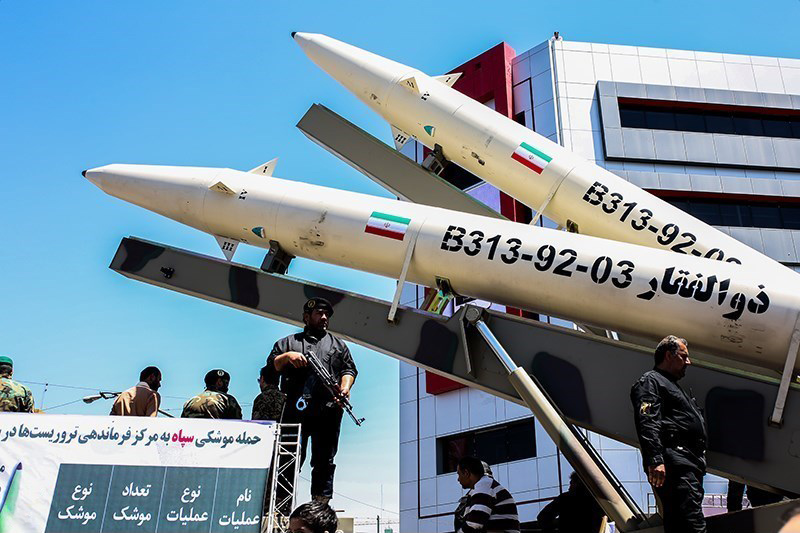Iranian MP confirms missile shipments to Russia, defying official denials
Iranian lawmaker Ardestani acknowledges ballistic missile deliveries to Russia, contradicting Iran's official denials after the media reported Tehran's short-range missile shipments to Russia.


Ahmad Bakhshayesh Ardestani, a member of Iran’s Parliament’s National Security and Foreign Policy Committee, acknowledged Iran’s missile supplies to Russia in an interview with Didban Iran on 7 Septembers, as per Iran International. His admission came less than 24 hours after Iran’s UN mission denied a report by The Wall Street Journal about the delivery of short-range ballistic missiles to Russia.
“We have to barter for our needs, including importing soybeans and wheat. Part of the barter involves sending missiles, and another part involves sending military drones to Russia.“
The Biden administration has informed its allies that Iran delivered short-range ballistic missiles to Russia, according to a report by the Wall Street Journal citing US and European officials. “The missiles have finally been delivered,” a US official said. The shipment reportedly includes several hundred short-range ballistic missiles, capable of reaching up to 500 miles.
White House National Security Council spokesperson Sean Savett expressed alarm at these reports, stating, “Any transfer of Iranian ballistic missiles to Russia would represent a dramatic escalation in Iran’s support for Russia’s war of aggression against Ukraine.”
In response to the reported military shipments, European countries are considering banning Iran’s national airline, Iran Air, from flying to European airports. The new sanctions package is expected to target companies and individuals involved in the missile transfers.
A Ukrainian defense source told The Times, “If civilians in Ukraine die from these missiles (Tehran delivered to Russia), then Iran will pay a double price for that. The response will be severe.” However, the source did not elaborate on the nature of that response.
Farzin Nadimi, a Senior Fellow with the Washington Institute, told Iran International that Russia’s access to Iranian ballistic missiles could devastate civilian populations, marking a turning point in the conflict. He warned that some of these missiles will have enough range to hit Western Ukraine and strike important targets like railway stations.
Ardestani downplayed the potential consequences of the missile transfers, stating, “It can’t get any worse than it already is. We give missiles to Hezbollah, Hamas, and Hashd al-Shaabi, so why not to Russia?”
The lawmaker’s comments contradict Iran’s official stance. Hours after the Wall Street Journal’s report was published, Iran’s United Nations delegation issued a statement denying any missile or weapon transfers to Russia, claiming,
“The Islamic Republic has not provided weapons to any party involved in the conflict in Ukraine and has urged other countries to stop doing so.”
Related:
- Kyiv: “We’ve hit North Korean missile depot in Russia, Iranian missiles next”
- Bloomberg: Iran set to supply Russia with ballistic missiles potentially “within days”
- Centre of National Resistance: Russia exports grain from occupied territory of Ukraine to Iran
- Reuters: Hundreds of Fath-360 Iranian ballistic missiles bound for Russia
- WSJ: Iran mulls supplying ballistic missiles to Russia
- Iran threatens Zelenskyy over his congressional speech
- Ukraine intelligence confirms that Russia, Iran prepare agreement on supplying Iranian missiles to Russia



